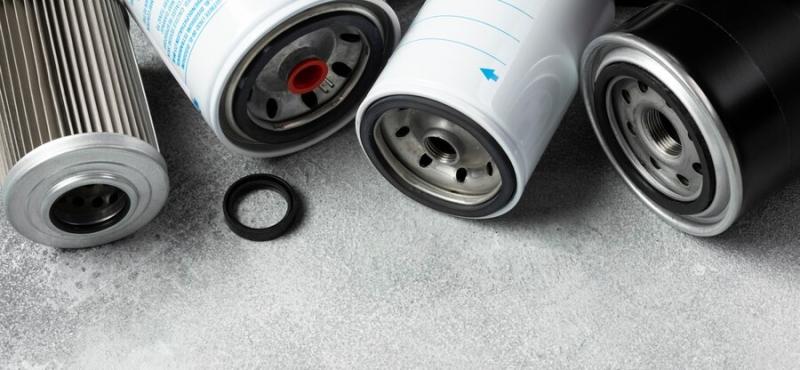Why Hydraulic Filter Elements Are So Necessary in Hydraulic Systems

Hydraulic
systems are
integral to a wide range of industries, including construction, manufacturing,
aviation, and marine applications. These systems rely on the smooth operation
of hydraulic components to transmit power efficiently. However, contamination
is a common enemy that can compromise their performance. This is where hydraulic
filter elements play a crucial role.
What Are Hydraulic Filter
Elements?
Hydraulic
filter elements are specialized components designed to remove contaminants such
as dirt, metal particles, and other debris from hydraulic fluid. They are
typically installed within the hydraulic system to ensure clean fluid
circulation, which is essential for the optimal performance of the machinery.
The Importance of Hydraulic
Filter Elements
- Protection
Against Contamination
- Hydraulic
systems operate in environments where dirt and debris are inevitable.
Contaminants can enter the system through seals, reservoirs, or during
maintenance.
- Without
proper filtration, these particles can damage sensitive components like
pumps, valves, and actuators, leading to costly repairs and downtime.
- Enhanced
System Efficiency
- Contaminated
hydraulic fluid increases friction and wear, reducing the efficiency of
the system.
- Clean
fluid ensures that components operate smoothly, minimizing energy loss
and improving overall system performance.
- Extended
Component Lifespan
- Abrasive
particles in hydraulic fluid can cause premature wear and tear on system
components.
- High-quality
filter elements capture these particles, significantly extending the
lifespan of expensive machinery parts.
- Reduced
Downtime and Maintenance Costs
- Contamination-induced
failures often result in unscheduled downtime, disrupting operations and
increasing costs.
- Regular
replacement of hydraulic filter elements prevents such failures, ensuring
consistent system performance.
- Improved
Safety
- Malfunctions
in hydraulic systems can pose safety risks, especially in critical
applications like aviation and heavy machinery.
- Maintaining
clean hydraulic fluid with effective filtration reduces the likelihood of
unexpected failures, enhancing workplace safety.
Types of Hydraulic Filter
Elements
- Suction
Filters: Installed
at the pump’s inlet to prevent large particles from entering the system.
- Pressure
Filters:
Positioned after the pump to capture contaminants before they reach
sensitive components.
- Return
Line Filters:
Installed on the return line to clean fluid before it re-enters the
reservoir.
- Offline
Filters: Operate
independently to provide supplementary filtration, especially in
high-contamination environments.
Choosing the Right Filter
Element
Selecting
the appropriate hydraulic filter element depends on several factors:
- Filtration
Rating: Choose a
filter with the correct micron rating to capture contaminants effectively
without restricting fluid flow.
- Material
Compatibility:
Ensure the filter material is compatible with the hydraulic fluid used in
the system.
- System
Pressure: Select
filters designed to withstand the pressure levels of your system.
- Maintenance
Requirements: Opt
for filters that are easy to replace and maintain, minimizing downtime.
Conclusion
Hydraulic
filter elements are not just optional accessories but indispensable components
of hydraulic systems. They protect against contamination, enhance efficiency,
extend the lifespan of components, and reduce maintenance costs. Regular
inspection and timely replacement of these filters are critical to maintaining
the reliability and safety of your hydraulic systems. Investing in high-quality
filter elements ensures your hydraulic machinery operates at peak
performance, saving time and money in the long run.


Comments